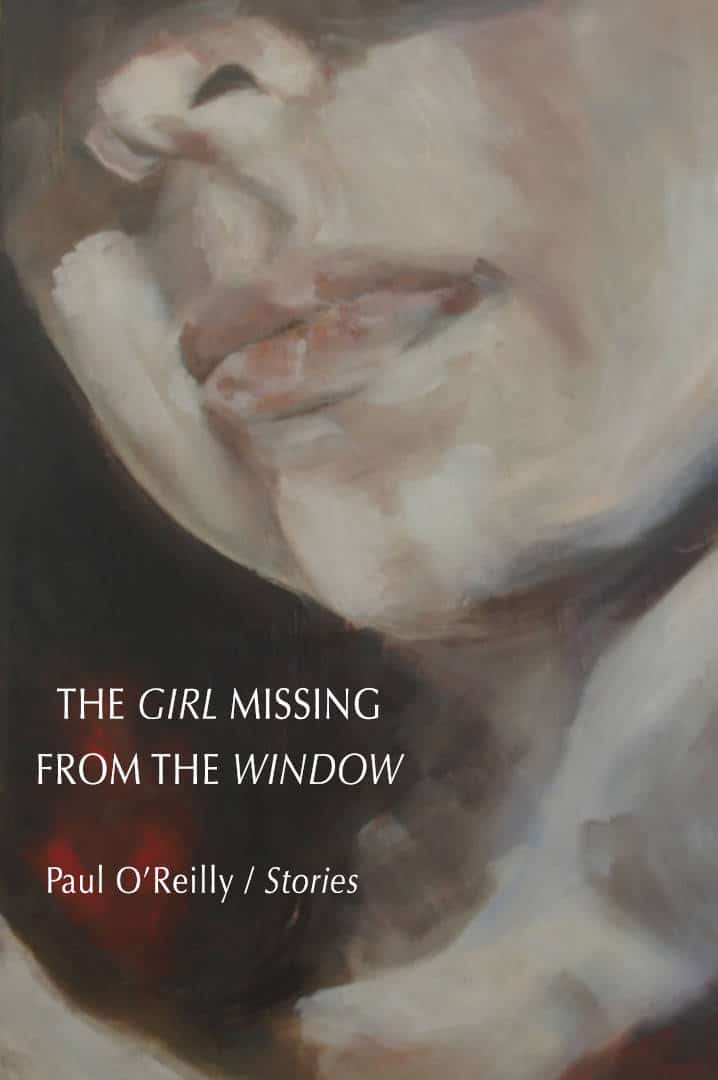The day before Rose Carney died was a Friday. But I didn’t know of her then as I tidied our house, disinfected our toilets, scrubbed our sinks. I hoovered downstairs, the stairs, the landing, the twins’ room, our room and, though our Leanne didn’t like anyone in hers, I gave her floor a once-over too ‘cos she was at school. There was nothing under her bed bar some dust, new cobwebs. Posters of pop stars on her wall were level-straight, her clothes folded away or hung, her desk neatly laid out. There was a chart above it with dates of upcoming exams and deadlines clearly marked in red Xs, the morning and evening study times scheduled for each subject in green, a black strike through days already passed. Her book shelves ordered like a library, her medals and trophies lined up, it occurred to me then that our Leanne is a girl with a time and a place for everything.
After hoovering I dusted. In the twins’ room I found two soft chocolate digestives hidden between Spongebob and The Adventures of Spiderman. I guessed Robbie had put them there, Gary more into Jammie Dodgers at the time, but Robbie had always been more private, more like me I think, still is today. In Leanne’s room I found nothing I didn’t expect to. It seemed that girls already stored their thoughts more on computers and smartphones by then, not like when I was growing up. I used to hide my diaries underneath a wardrobe with just enough space to get a small hand in, and, though Leanne had left her laptop on the desk that day, I didn’t have
I tried again. Birthdays, her initials, her middle name. The boys’ names. Our names. I looked around, typed in the names of pop stars, film stars. I tried all these with CAPS ON, CAPS OFF, a mix of letters, numbers, the first letter of each significant word in uppercase, the rest in lower.
That Friday I didn’t pay much heed to the framed photos she kept on her desk and shelves, but I had on other days. One of my favourites used to be the one where they were on the river, kayaking. By their two pale faces I could tell that Leanne and her best friend Emily had felt sick under the yellow helmets, the blue life jackets. Leanne had even said after how shaky it all was. Still, I used to love that picture of the two of them together. But, as it turned out, the girl in the boat behind had been Rose Carney, and, thinking back on it, Rose looked real happy in that photograph, like she hadn’t a care in the world. Maybe it was because she was a champion swimmer with the club in town. It was said after that she might’ve gone further.
Downstairs I prepared dinner. After picking up the twins from school, we stopped off at the shop for bread and milk. At home the boys threw their bags in their room, kicked off their shoes to plonk down in front of the TV ‘cos they’d got no homework for the weekend. Gary booted up the Xbox, but after the game started I had to ask them twice to turn it down. After the second time I made a coffee, went out back for a smoke.
Since the turn of February, I was enjoying the stretch in the evenings. I could stare right into the white sun still in the sky on that particular day, it was as if it had been gently sponged into the clouds, like in one of Robbie’s paintings. I thought I’d soon get back out to the garden. The daffodils and primroses were starting to bloom, but leaves hadn’t been cleared since November and pots in the glasshouse needed sorting. With each sip of coffee and drag of the cigarette, my mind drifted to the garden centre, to buying fresh compost, tomato plants. I’d ask the man there for advice before buying new herbs, sweetcorn and runner beans again. And it was these thoughts of working outside on bright evenings that eventually took my mind off the kids.





